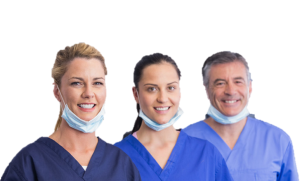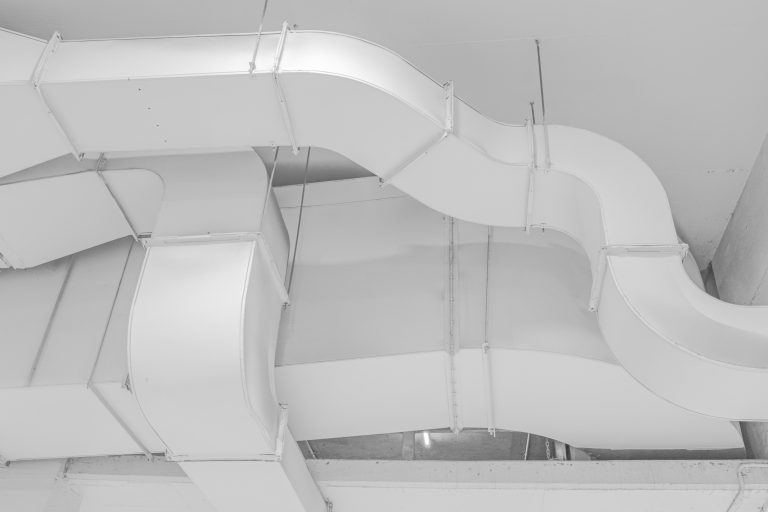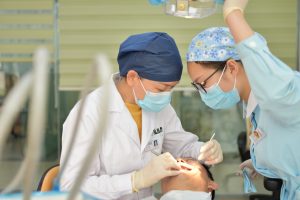13th August 2020
Professor Jan Clarkson (Chairperson)
Scottish Dental Clinical Effectiveness Programme (SDCEP)
Dundee Dental Education Centre
Frankland Building
Small’s Wynd
Dundee
DD1 4HN
Dear Professor Clarkson,
Re: NSS document on Ventilation, Water and Environmental Cleaning in Dental Surgeries.
We eagerly anticipate the SDCEP guidelines on the provision of aerosol generating procedures (AGPs) in a dental setting and the consideration of Post AGP Fallow Time (PAGPFT) in relation to this.
Our interim committee has considered the above document, with the following observations:
- General Dental Practitioners (GDPs) or bodies representative of GDPs were not included within the submissions by the working group panel. General dental practice is where the significant majority of dental procedures are carried out, therefore input from GDPs would have been appropriate.
- Dentists and their staff are those most at risk regarding all occupational aerosol hazards, yet no evidence of increased infection rates in dental staff is noted.
- The practical challenges of multi-chair clinics in dental hospitals, Public Dental Service (PDS) settings and dental surgeries in buildings/retail units that are difficult to convert make ventilation suggestions outlined in the report impossible to achieve. A resultant drop in suitable premises for dental treatment provision will negatively impact the profession and access for patients.
- Routine measures including High Volume Evacuation (HVE), Personal Protective Equipment (PPE) and rubber dam are more significant than ventilation when considering bio-aerosol contaminant levels.
- Surgery air changes post-AGP are a sensible but only a theoretical consideration given the NSS report has provided no evidence regarding the minimum contaminant levels of bio-aerosol required to sustain a human infection with SARS-CoV-2. As such, this is indicative of the NSS’ preamble statement that “it is not intended as specific formal guidance in itself.”
- The economic and environmental impact of AGP and fallow time regulation of dental surgeries is not considered in the report. This has to be balanced with the overall risk versus benefit to members of the dental team and patients.
- Many of the studies quoted in the report are artificial simulations with inadequate sample sizes. Much of this data is also not representative of a multifactorial dental setting.
Current Measures:
- Enhanced Personal Protective Equipment standards have been embraced by the profession- including FFP3 respirator masks, full gown, visor, and gloves for any AGP under rubber dam where possible. Many Scottish dental practices, at their own expense, have staff who have been fit tested for respirator masks for privately provided treatments. There is some NHS provision for fit testing of one dentist and one dental nurse per practice in order to provide emergency NHS AGPs from the 17th of August 2020.
- Combined measures including rubber dam, visor and HVE have shown evidence of a 0.4% contamination difference between standard type IIR surgical masks and the FFP3 respirator masks. If rubber dam is not used, this difference increases to 7%.
- There is wider evidence supporting the significance of long-established universal protocols in general dental practice. This limits cross infection and trained dental staff are well placed to mitigate the contamination risks.
- There is a hugely significant increase in plastic waste from disposed PPE which has a negative impact on the environment now and for future generations. A sensible approach overall is required to mitigate these factors.
The risk assessment of performing routine dental treatment should be calculated with consideration given to all of the above and additional notice given to:
- The current SARS-CoV-2 infection level within the local population.
- The local replication numbers.
- Improved pre-appointment triage with appropriate deferral/referral of symptomatic patients.
Statistical information supplied by bodies such as National Records Scotland and the Scottish Government can be used to influence these decisions.
SDCEP guidance is a valuable tool for dental professionals. The Advice, Analgesic and Antibiotic (AAA) protocols recommended during lockdown were followed, though this conflicted with previous guidance aiming to treat acute oral and dental pain directly without a reliance on antibiotics. This may have been a compromise given the limitations during lockdown though we are keen to avoid such scenarios going forward with reliable evidence-based protocols.
We are concerned by the difficulties faced by dental professionals in trying to navigate a path through the COVID-19 crisis. We all want to provide an optimum level of care for our patients in a safe environment. This, however, has to be balanced with the real-world economic, environmental and practical considerations in order for these goals to be realistic.
Dentists have always looked to SDCEP for evidence-based guidance though we realise that reputable evidence on this subject is difficult to come by in the present situation. The SDA interim committee are happy to contribute to any further discussions to progress Scottish dentistry.
Yours sincerely,
The Scottish Dental Association Interim Committee
hello@thescottishdentalassociation.xyz









